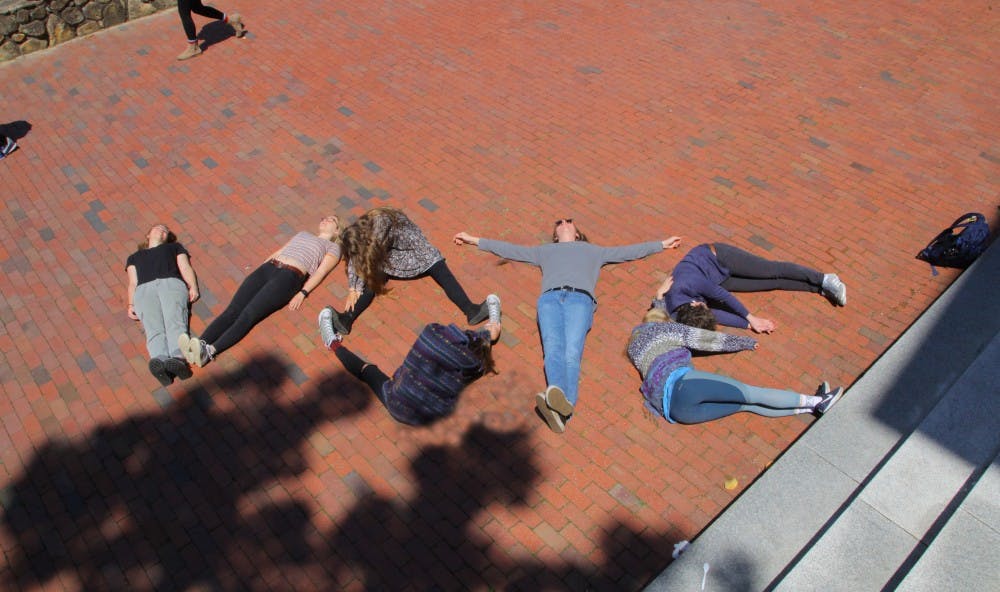Voter turnout in midterm elections has been consistently low among young people ages 18 to 29. But with the divisive nature of the 2016 presidential election, could this signal a shift in young voter turnout for 2018 midterm races?
Alana Edwards, the vice-president of UNC Young Democrats, thinks so. She said the 2016 election was a motivator specifically for young liberals.
“I see an enormous increase in motivation and interest headed into the midterm election,” Edwards said. “I think what 2016 showed us — I think it kind of showed that we can’t afford to sit back and take for granted what we have in terms of kind of growing up in an Obama presidency and accepting that as the norm.”
Only 19.9 percent of citizens aged 18 to 29 voted in the 2014 midterm election, compared to 46.1 percent in the 2016 presidential election. The 2014 midterm turnout among youth was much lower than citizens 30 and older, of which 47.9 percent voted.
Education also increases young people’s likelihood to vote — about 76 percent of young voters in 2014 had some college education or a bachelor’s degree.
Maggie Horzempa, a member of UNC College Republicans and the president of the UNC Network of Enlightened Women, said she thinks older people tend to vote more than young people because they have more time to become politically aware.
“They have the time to do more research because there’s not going to be a lot of media coverage on midterm and primary elections,” Horzempa said.
Voter turnout among Republicans tends to be higher than Democrats. In the 2010 and 2014 midterm races, Republicans were more than 20 percent likelier to vote than Democrats. But analysts have predicted that Democrats have the advantage in the upcoming midterms because, historically, the party in control of the presidency tends to lose to the opposing party in midterm elections.
Alec Dent, the executive vice chair of UNC College Republicans and a member of the DTH editorial board, said he has seen more excitement about the midterms among young liberals rather than young conservatives.




